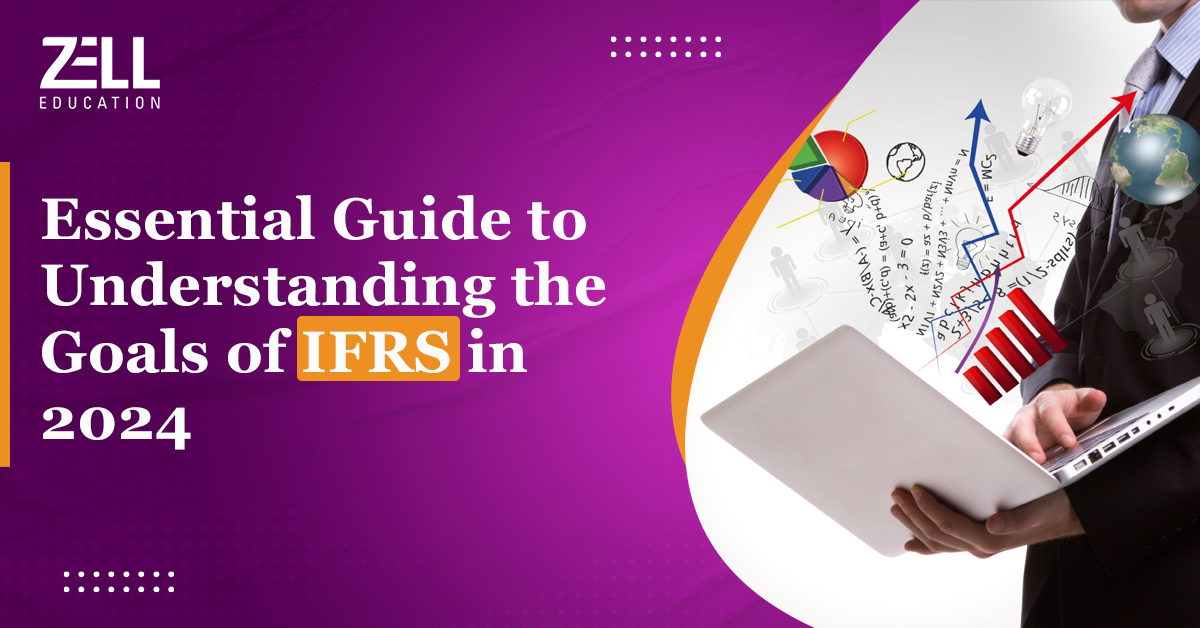CFA Course Duration – After 12th, Graduation & CA
The field of finance and investment is booming in today’s world and every student, professional or even retired individual wants to gain knowledge about this field in order to achieve exciting returns on their investment. This dynamic field has no end to its growth with new modes of investment like gold bonds, cryptocurrencies, NFTs, and stocks taking over the market. And let’s face it, once you master the world of investments and start reaping benefits from it, there’s no going back. We often even hear our parents and grandparents talking about the investments they made during the time that got them long term benefits. These interesting details about investments have always fascinated us.
Now imagine being equipped with cutting-edge investment skills and investing your own money as well as the money of your client, company or even high-profile individuals. Sounds interesting, doesn’t it? Well, you can master this field with a Chartered Financial Analyst degree. Want to know more about the CFA course? Here’s a glimpse into CFA course duration and whether you should pursue it after the 12th, graduation or CA.
CFA Course Duration
CFA is a professional course that consists of three levels namely knowledge, skill and professional level. This course takes about two to three years for completion wherein you’d be required to clear 10 examinations at each level. Apart from clearing the CFA examinations, you also need mandatory 4000 hours/36 months of work experience to become a charterholder. You can complete the mandatory work experience requirement before starting your CFA exams or after.
Here’s a clear bifurcation of the duration of the CFA course duration.
| CFA Study Time | 300 hours (For each level) |
| CFA Course Duration | 1.5 to 4 years |
| CFA Total Work Experience | 4000 hours |
CFA Course After 12th, Graduation or CA
A question that most CFA pursuant usually have is when you should pursue the CFA course. Students completing their graduation often wonder if they can take up the CFA course during their graduation itself. The answer to this question is a yes. You can pursue CFA in the last year of your graduation, however, it is not possible to take the CFA course right after the 12th. The minimum eligibility for CFA is an undergraduate qualification or bachelor’s degree from a renowned university.
You can also take up the CFA course while working as a finance professional or after completing any other finance or accounting course like CA or ACCA. While there are no exemptions for CFA, the benefits of pursuing CFA after CA are unmatched. Here are some of the benefits of pursuing a CFA after CA.
- Since a major chunk of the CA syllabus overlaps with the syllabus of CFA level 1, it becomes fairly easier to clear.
- You get top-notch knowledge in the world of finance, investments and accounting.
- You’ll gain the most prestigious degree in India and around the globe.
- With this dual degree, you could get a chance to work at a treasury or Multinational bank
To know more about the benefits of pursuing CFA after CA, you can check out our article on why do CFA after CA. This article explains in detail about the reasons why you should take CFA after CA. While a dual degree would increase your CFA course duration, you can choose to space out your examinations and balance your career with two attempts in a year.
Professions you can consider after CFA
A Chartered Financial Analyst degree opens doors to several opportunities in the field of finance and investments. There are prestigious and well paying professions that you can consider after completing your CFA course. Some of them are –
- Wealth Manager
- Investment Banker
- Credit Rating or Analysis
- Portfolio Management
- Equity Research
Top companies that hire CFAs
Every firm today, be it an SME, MSME or MNC, requires a financial expert that can manage their finances, investments and analyse the risks. A CFA comes into the picture as this expert financial manager who knows all about financial reporting, economics, investments and risk management, and guides the company towards better financial management. Since these skills are quite in-demand, there are popular firms that hire CFAs quite frequently. Here’s a list of the top companies that hire CFAs.
- JP Morgan Chase
- Wells Fargo
- CitiGroup
- Morgan Stanley
- Pricewaterhousecoopers
- HSBC
Who should pursue the CFA course
From students to professionals, anyone can pursue the CFA course at any time. As long as you’ve cleared the minimum eligibility requirements and have an interest finance and accounting, you’ll have seamless journey towards becoming a Charterholder.
We hope that we’ve clarified all your doubts regarding the CFA course duration and when to pursue it. For more details on Zell Education’s Chartered Financial Analyst (CFA) course, we recommend you to click on our WhatsApp button on the left hand side and get in touch with us directly. You could also reach out to us through our official website.
How long is the CFA course?
The CFA course takes a minimum of 2 years to complete. You also require 4000 hours of total work experience to qualify as a Charterholder.
What is the average salary of a CFA?
The average salary of a CFA begins from 7 lpa and progresses to 15 lpa depending on the location, profile and company you choose.
Is CFA globally recognised?









